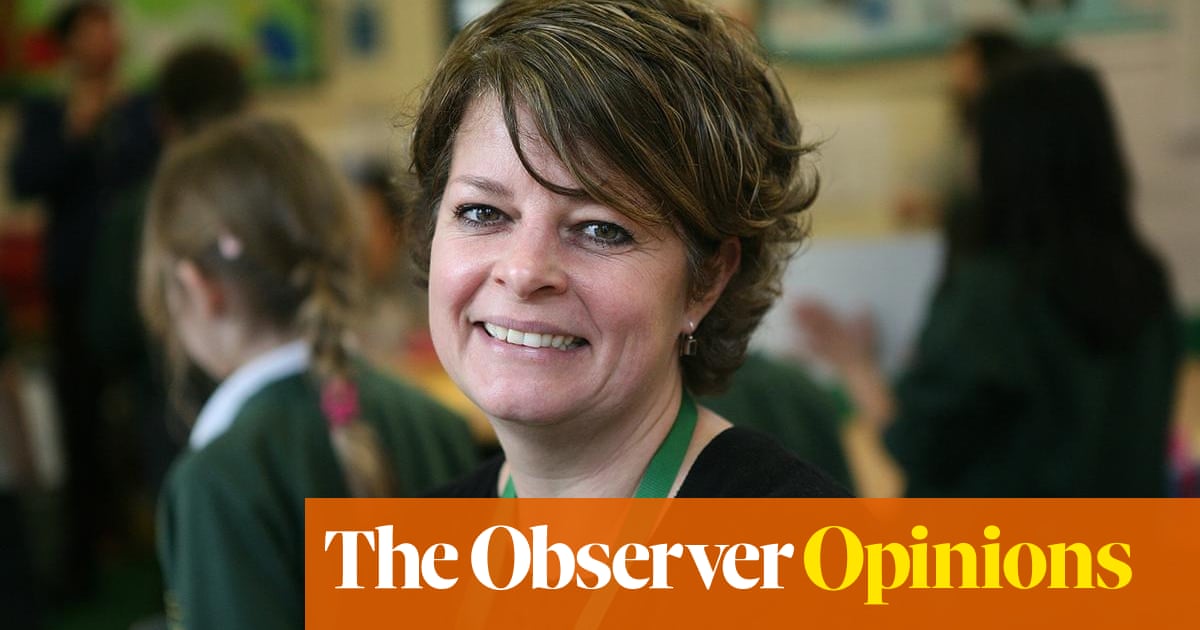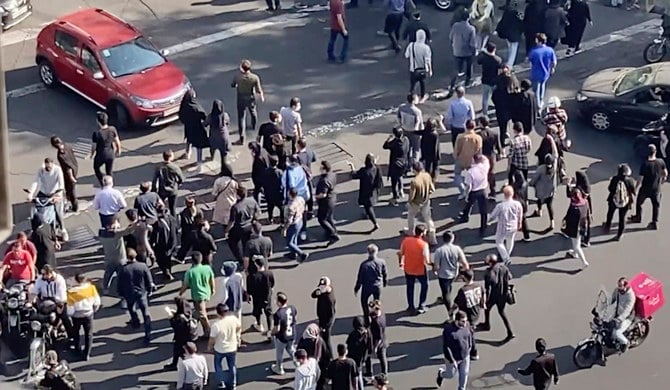
A few months ago, a new catchphrase describing the situation in Lebanon became popular among analysts and protesters. The words “Lebanon is ruled by a religious militia and a political mafia” quickly became a hit on television and on social media. Unnoticeably, it swiftly replaced “All means all,” which had symbolized the protesters’ demands since demonstrations broke out in October 2019. But this was a clear sign of a de-intensification of demands. No more names, you are left free to guess who the political mafia is and even who the religious militia is. What seemed like an innocent shift was, in my view, carefully crafted.
Now it seems that even this gimmick is being downgraded. The same commentators have dropped the “religious militia” part, so it has become: “Lebanon is governed by corrupt politicians.” If this were to avoid personal risk, it would be understandable, as the recent assassination of Luqman Slim reminded everyone of the dangers of speaking the truth to Hezbollah and its leader Hassan Nasrallah. However, I suspect it was done to shift the focus from Hezbollah, obviously, but also some of the group’s acolytes within the ranks of the so-called opposition who might play a role in any new political deal.
Focusing on “corrupt politicians” is not only useless but also deflects from what should be the objectives of change in Lebanon. In a certain way, it is the same mistake the opposition made in 2005. After forcing then-Prime Minister Omar Karami to resign, instead of answering the call from millions in Lebanon’s squares to walk to the presidential palace and force the resignation of President Emile Lahoud, the opposition refused to take such a bold move — in fear of a sectarian backlash — and was content with the PM’s departure.
A great achievement was nevertheless realized, with the Syrian Army’s withdrawal ending decades of humiliating and violent occupation. Unfortunately, and because of the opposition’s half measures, this occupation was inherited by Hezbollah. It became the guarantor of the Iran-Syria axis, rebalancing it to Tehran’s advantage. When the Islamic Revolutionary Guard Corps and Hezbollah went to fight to save the Assad regime, this became more evident.
Today, the lines between what was the 2005 opposition and the pro-Syrian regime camp are blurred in the eyes of many. The victims look more and more like accomplices and the killer that we became used to seeing at funerals is now also invited to the weddings of its victims. It is for this reason that removing Hezbollah from the slogans of the opposition is a mistake. This means forgetting all the assassinations and all the humiliations, especially when all that can be done is to say it out loud.
Indeed, the current balance of power does not allow for drastic change, so there is a necessity to keep stating who the real enemy of a free Lebanon is — even if only anonymously. Once again, we must clearly say that Lebanon is not ruled by a “political mafia and a religious militia,” it is occupied by a foreign proxy named Hezbollah. The political elite and its corruption are a side effect of this occupation. It is a continuation of the corruption that existed and started taking root in every aspect of political and public life during the Syrian occupation.
There is a state above the state, and it is Hezbollah. There is an authority above sovereignty, and it is Hezbollah. There is an armed group above the Lebanese Armed Forces, and it is Hezbollah. There is an actor that is above the law, and it is Hezbollah. Every time the recycled analysts point fingers and give us lessons on the political mafia, remind them of the unshakable truth: Lebanon is occupied by Hezbollah and this is the source of the country’s corruption.
In all transparency, I would not be surprised if the voices that are today focusing on “corrupt politicians” soon start picking and choosing who is and who is not part of this “political mafia.” They carry the hopes of the people, but misguide them and even dissipate those hopes.
To understand the regime and its working processes, a quick look at old newspaper headlines about the central bank is sufficient. Beyond the institutionalized Ponzi scheme, the central bank has been operating in clusters ever since the Syrian occupation: Each political or business force could do its deals without the others knowing and secrets were well protected as long as Syria’s interests and then Hezbollah’s were served. From rumors it facilitated money laundering from Iraq to helping politically exposed business moguls do their deals, it seems all politicians or their entourages — and, this time, all means all — have had a favor or business deal completed thanks to the central bank.
It is also clear that what ended the party for all of them were the US Justice Department’s actions against Hezbollah’s illegal financial activities. After unavoidable sanctions were set, the central bank could no longer allow Hezbollah’s banking operations. So, with a simple order, Hezbollah shut it off for everybody. This is what brought things down and is clear evidence that corruption started with the objective of accommodating Hezbollah, before subsequently permitting others to wet their beaks, just as would have happened during the Syrian occupation.
Lebanon is occupied by Hezbollah and this is the source of the country’s corruption.
Khaled Abou Zahr
So the reason why the US dollar is now hitting new highs against the Lebanese pound and the economy is destroyed is not because of a “political mafia,” it is because of Hezbollah’s occupation of Lebanon bleeding it white. The political elite are a side effect of the cursed illness that is the occupation of the country.
The rage and despair that is building in the streets might lead to violence, making all these catchphrases useless. In this context, the successive shifts from “All means all” to “Lebanon is ruled by a religious militia and a political mafia” to “Lebanon is governed by corrupt politicians” seem like only a small detail, but the protesters should beware of the intentions behind them. They should make sure they only have one message: “Lebanon is occupied by Iranian Hezbollah. When will the army join its people and bring back sovereignty and honor to our flag?”
Khaled Abou Zahr is CEO of Eurabia, a media and tech company. He is also the editor of Al-Watan Al-Arabi.
Disclaimer: Views expressed by writers in this section are their own and do not necessarily reflect Arab News" point-of-view












